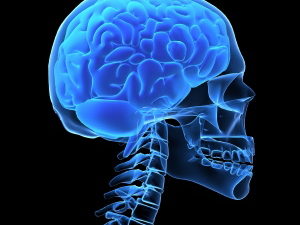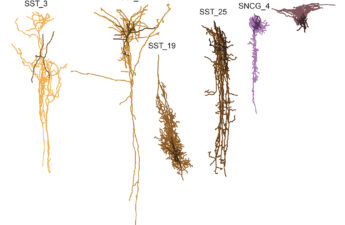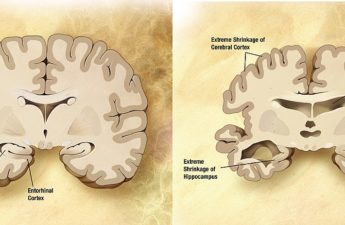Category: Dementia
A mouse study by researchers from the Allen Institute in Seattle provides roadmap for how aging may alter brain cell genetic activity.
Wildfire smoke exposure linked to increased dementia risk
New research led by the University of Washington in Seattle has found that long-term to wildfire smoke exposure was associated with a significant increase in the odds that a person would be diagnosed with dementia.
Mounting research shows that COVID-19 leaves its mark on the brain, including significant drops in IQ scores
Ziyad Al-Aly, Washington University in St. Louis From the very early days of the pandemic, brain fog emerged as a significant health condition that many experience after COVID-19. Brain fog is a colloquial term that describes a state of mental…
Brain-training games remain unproven, but research shows what sorts of activities do benefit cognitive functioning
The specific skills learned in these games often do not translate to more general, real-world applications. Whether brain games meet their end goal of lasting cognitive improvement across a number of areas is still highly debated among psychologists. To make such claims requires rigorous evidence that playing a specific game improves cognitive or brain performance.
The evolutionary benefits of being forgetful
Forgetting serves a functional purpose: Our brains are bombarded with information constantly. If we were to remember every detail, it would become increasingly difficult to retain the important information.
Alzheimer’s disease may damage the brain in two phases
Allen Institute and UW School of Medicine brain mapping study uncovers which cell types may be harmed first.
Health News Headlines
Human-to-human bird flu transmission – Man dies of rabies – DASH diet – Senior moments – 23andME DNA up for sale
Delirium: this common and frightening syndrome looks like dementia, but comes on much faster
Delirium is a common complication of hospitalization can have a direct impact on patients’ illness and mortality rates. It is therefore extremely important to prevent it, or, failing that, to establish an early diagnosis in order to treat it correctly.
Health News Headlines
Dementia drug debate – Should you take Paxlovid? – Free COVID tests coming – EEE in MA – Stem cell diabetes study
Being a ‘weekend warrior’ could be as good for brain health as exercising throughout the week, new study shows
The findings of a new study suggest “weekend warriors” – those who get most of their exercise on the weekend – may enjoy the same brain health and mental health benefits as those who exercise regularly throughout the week.
Health News Headlines
Measles in Oregon and Georgia – Obesity drug cuts diabetes risk 93% – Playstation is good for you
Health News Headlines
Needleless treatment for severe allergic reactions – US fertility rate at record low – Hunt for Adderall is On
Health News Headlines
Medicare drug discounts – Dementia risk – Urban birds and antibiotic resistance
HIIT workouts linked with better brain health, research finds – even five years later
A recent study has now revealed that one particular type of workout may be better than others when it comes to boosting brain health. The researchers found a link between high-intensity interval training (HIIT) workouts with better memory and brain volume in older adults. And, these brain benefits even lasted up to five years after the study was completed.
Health News Headlines
Fewer than half of US adults under 50 can readily afford or access healthcare – Misdiagnosis Is A Big Problem For Older Adults – Drugs Used For Weight Loss Help People Stop Smoking – Most Antibiotic Prescriptions For Kids’ Ear Infections Are Too Long – Blood tests for Alzheimer’s diagnosis were 91% accurate in new study













